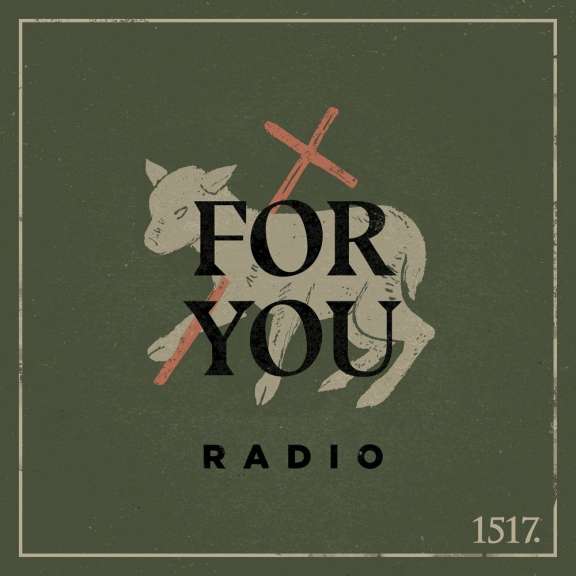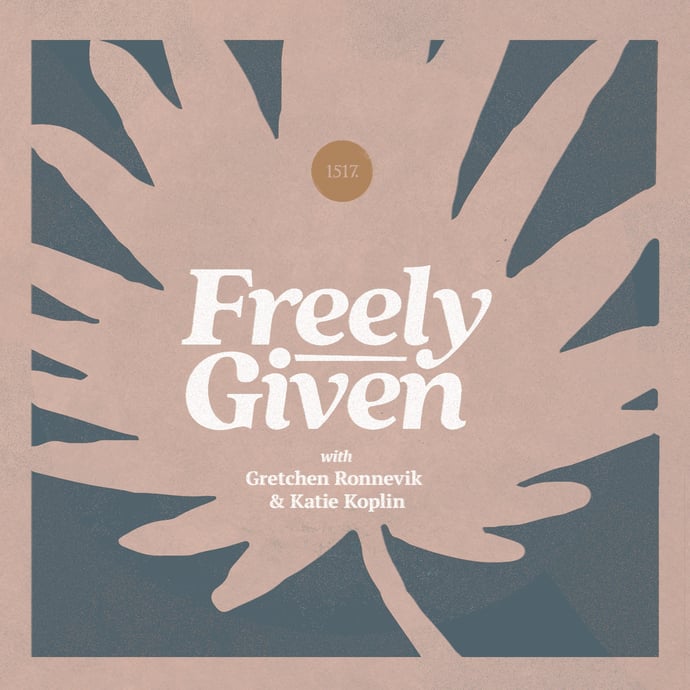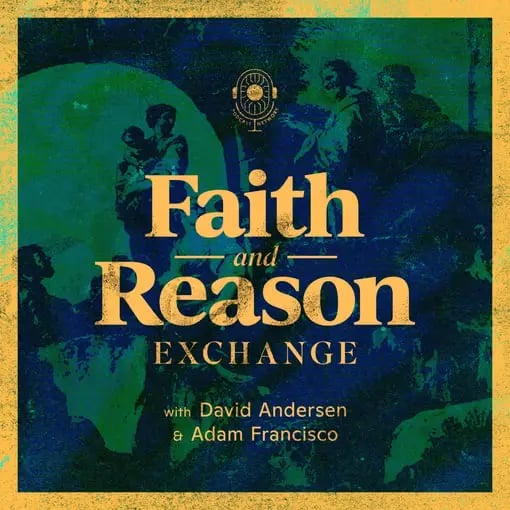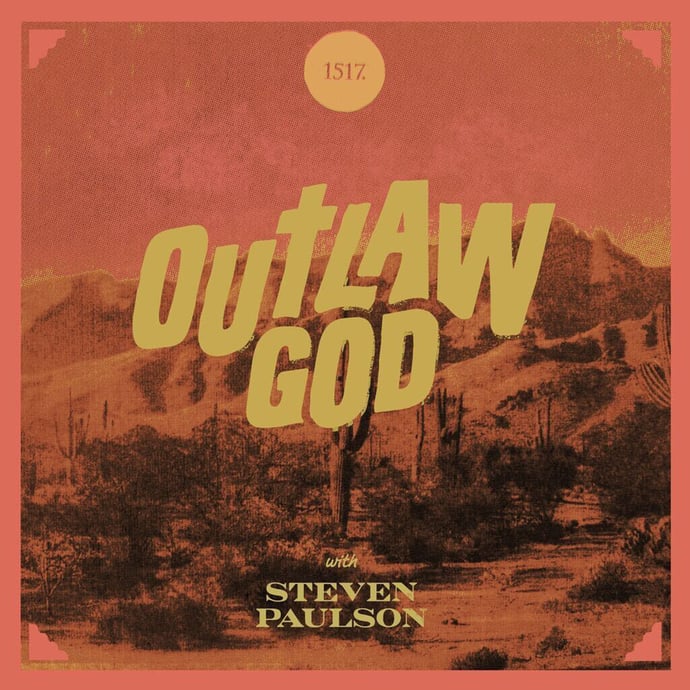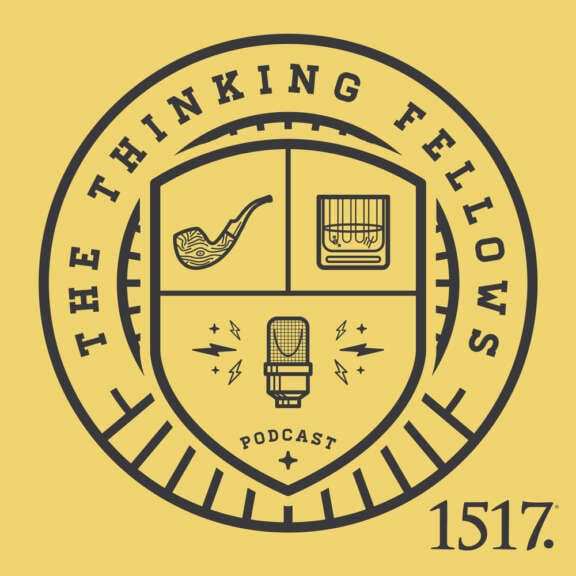In episode TWO HUNDRED AND NINETY, Mike, Jason, and Wade discuss the the old saying, “The gospel assumed is the gospel denied.”
Podcasts
Each 1517 Podcast is dedicated to delivering Christ-centered content through weekly, monthly, and seasonal audio platforms. Listen online or on your favorite podcasting app.
Author
- All Authors
- Aaron Zimmerman
- Adam Francisco
- Amy Mantravadi
- Blake Flattley
- Bob Hiller
- Bradley Gray
- Brian W. Thomas
- Bror Erickson
- Bruce Hillman
- Caleb Keith
- Chad Bird
- Chris Rosebrough
- Christopher Gillespie
- Cindy Koch
- Craig Donofrio
- Dan van Voorhis
- Daniel Deen
- Daniel Emery Price
- Darrin Sheek
- David Andersen
- David Rufner
- David Zahl
- Debi Winrich
- Delwyn Campbell
- Donavon Riley
- Doug Klembara
- Edward Killian
- Elyse Fitzpatrick
- Erick Sorensen
- Flame
- Grant Klembara
- Gretchen Ronnevik
- Haroldo Camacho
- Jacob Smith
- Jared C. Wilson
- Jeff Mallinson
- Jeffrey Pulse
- Jessica Thompson
- Jim Nestingen
- Joel Fitzpatrick
- Joel Hess
- John Andrew Schreiner
- John Bombaro
- John T. Pless
- John W. Hoyum
- John Warwick Montgomery
- Katie Koplin
- Kelsi Klembara
- Ken Sundet Jones
- Luke Kjolhaug
- Magnus Persson
- Mark Mattes
- Matt Popovits
- Michael Berg
- Michael Horton
- Nick Lannon
- Paul Koch
- Peter Nafzger
- Philip Bartelt
- Raleigh Sadler
- RJ Grunewald
- Robert Kolb
- Rod Rosenbladt
- Ron Hodel
- Sam Leanza Ortiz
- Sarah Condon
- Sarah Crowder
- Scott Davis
- Scott Keith
- Steven Paulson
- Tanner Olson
- Troy Neujahr
- Uwe Siemon-Netto
- Wade Johnston
- William Cwirla
-
Craig and Troy return to the font of Dr. Rod Rosenbladt's teaching, and in the process we remember why we must continually return to the font of Christ's grace.
-
What does it mean to be Christ-like?
-
The sainted Rev. Dr. Rod Rosenbladt's classic presentation of the gospel being for the believer and unbeliever alike.
-
In this episode, Katie Koplin and Gretchen Ronnevik interview their friend Raleigh Sadler, who is the founder and executive director of "Let My People Go" which is a ministry that empowers churches to fight human trafficking, and reaching those most vulnerable.
-
The answer to this episode's title is a resounding "Yes!" But what does that mean?
-
Street-Fighting Man. In this episode, we continue our discussion of the question of when it is permissible for Christians to oppose civil authority. It’s more important than ever for Christians to grasp the fundamentals of vocation, the relation of politics to liturgy, the place of the sacraments within the worship of the church, and the life of Christians, why there cannot be such a thing as a Christian nation.
-
We Worship & Adore… You? In this episode, we discuss the intersection of liturgy and politics as we read Oliver Olson’s essay, Politics, Liturgics, and Integritas Sacramenti. It’s a historical survey of liturgical practice and politics from ancient Israel to the present, discussing the importance of symbolism, meaning, and the purpose of liturgy for faith and life.
-
Dr. Paulson discusses the need for preachers to preach in a world that experiences suffering and war.
-
What does mental health have to do with the 95 thesis and the Heidelberg Disputations? Gretchen Ronnevik and Katie Koplin.
-
. . . which, as you and I (and Craig and Troy) know is a very very bad idea. Why don't the people in the book of Judges recognize the bitter irony in what they say and do?
-
08/01/245 minsScott, Adam, and Caleb discuss the Olympic Opening Ceremonies. During the ceremonies, an LGBTQ rendition of the Last Supper was acted out with transexuals and gay icons.

